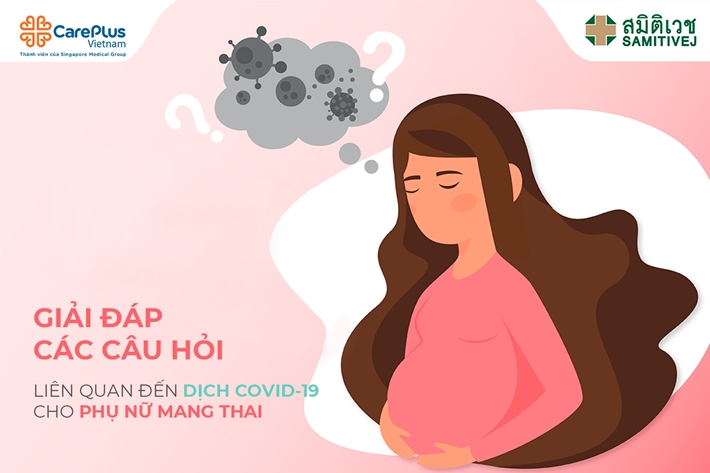FAQs | COVID-19 and its effects on pregnant women & their unborn child

3/20/2020 9:44:50 AM
1. Are pregnant women with COVID-19 at higher risk of infection, severe symptoms or death?
There is currently no evidence to show that pregnant women are at a higher risk of contracting the disease or suffering from more severe symptoms than the general population. However, pregnant women should take necessary precautions to avoid the risk of infection by regularly washing their hands, wearing a protective face mask when entering built-up or at-risk areas, and/or avoiding contact with ill people or those infected with the disease.
2. Is there a risk to the mother or infant if a pregnant woman contracts COVID-19?
There is no evidence to confirm that contracting the virus will pose a danger to the pregnancy, however, the available data remains limited. Nevertheless, there are many forms of the virus that, when contracted during pregnancy, can place the infant at risk of being born with a disability, or cause a miscarriage or premature birth. It is essential that we follow the news to keep up with the latest data on whether this virus will pose similar risks.
3. Can COVID-19 be passed from mother to baby?
Currently, available evidence cannot confirm that the virus can be passed from mother to fetus or from mother to baby during birth. Additionally, there has been no sign of the virus in amniotic fluid or breast milk samples. This disease is spread by close contact, with the virus entering the respiratory system via aerosol droplets.
4. Can children drink breast milk from mothers with COVID-19?
Infants may still drink their mother’s breast milk as there is no evidence to show that the virus is contained in that milk. However, as the virus is contracted through close contact through tiny aerosol droplets found in the breath and phlegm of people with the virus, infants should drink expressed breast milk from a bottle instead of feeding directly from the breast. This will ensure that the baby does not come into contact with the mother’s breath or phlegm until the mother has successfully overcome the transmission stage of the disease.
5. Will children born to mothers with COVID-19 suffer any long-term health problems?
There is limited available information regarding this topic due to the relative recentness of this disease’s discovery. From the data we do possess, we have yet to identify any severe complications in children born to mothers with the condition. There have been a small number of cases where women with the disease have given birth to underweight and premature children, but there is yet to be a clear link shown between the virus and those occurrences.
Information provided by Thai's Department of Health, Thai's Ministry of Public Health.